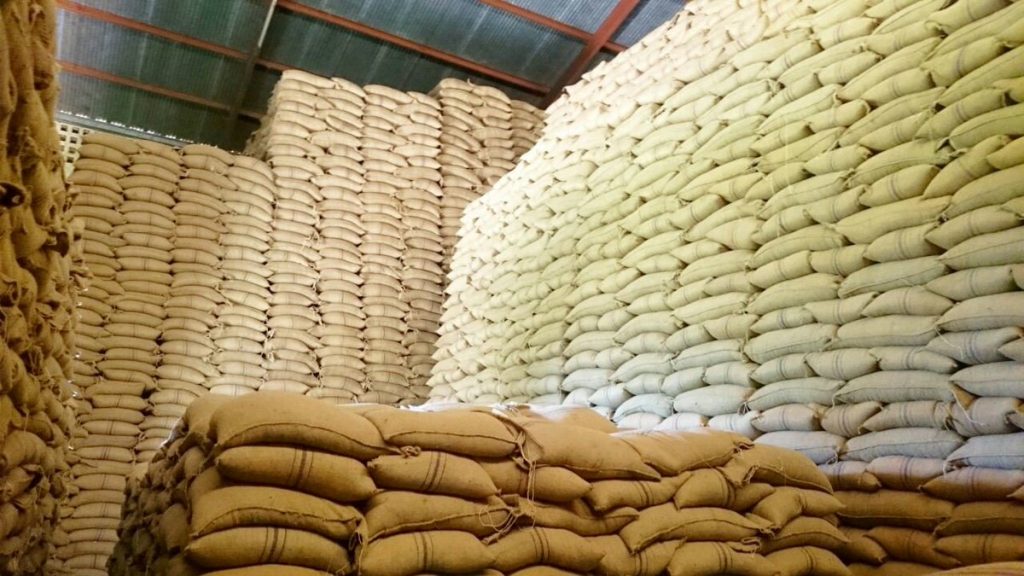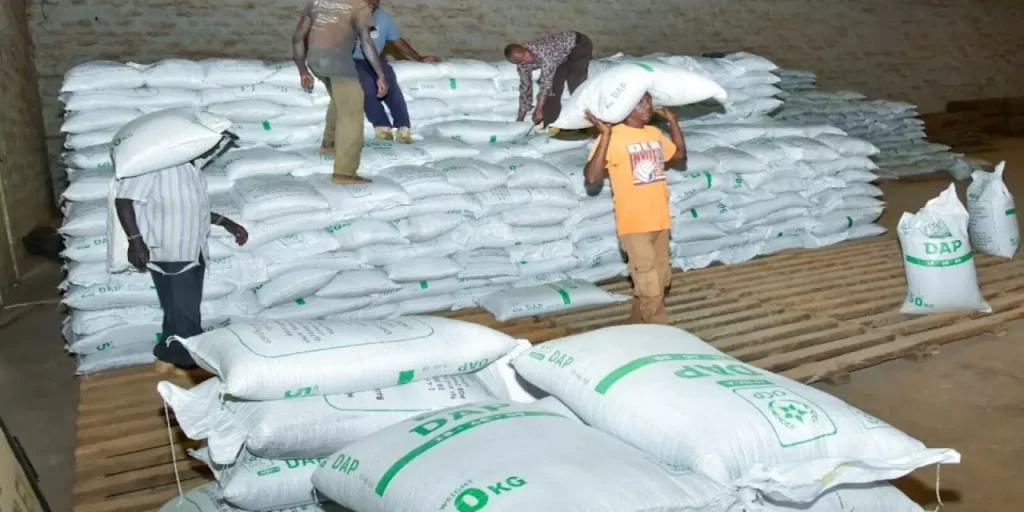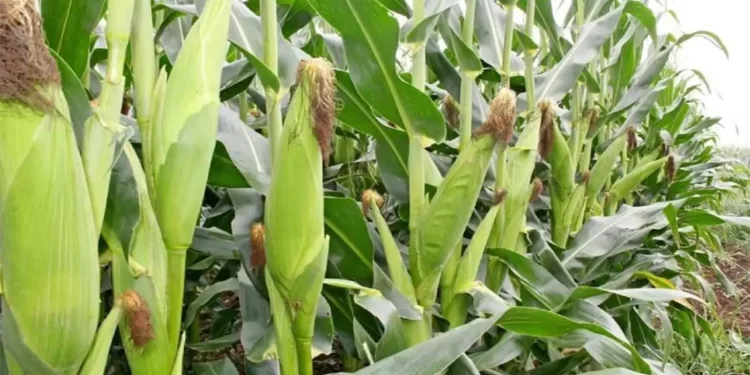Kenya has witnessed a historic turnaround in food security, driven by strategic government interventions that have boosted domestic agricultural production and reduced dependency on imports. The government deliberate interventions through the Ministry of Agriculture and Livestock Development’s well-executed subsidy programs have propelled the country toward self-sufficiency, particularly in maize production, a staple food for most households.
Government subsidies on fertilizers and other inputs have played a pivotal role in this success. Traders and millers reduced maize imports by nearly two-thirds in the nine months ending September 2024. Imports dropped from 5.1 million 90-kg bags in the same period in 2023 to just 1.78 million bags, reflecting a significant increase in domestic production. The Ministry projects an impressive harvest of 75.9 million 50-kg bags of maize from the long rains season, based on an acreage of 1.64 million hectares and an estimated yield of 42 bags per acre.
Agriculture and Livestock Development Cabinet Secretary (CS), Dr. Andrew Karanja, recently announced that the cumulative annual maize production is expected to reach 94.4 million bags, based on a total acreage of 2.71 million hectares. “The past two seasons have been very good in terms of weather and government subsidies. The food situation in the country is very good,” said Dr. Karanja during a media engagement in Nairobi.
To stabilize the maize market, the government directed the National Cereals and Produce Board (NCPB) to purchase one million 90-kg bags at Sh3,500 per bag. Despite pressure to increase purchase prices, the CS explained that reduced production costs, owing to subsidized fertilizer prices dropping from Sh3,500 to Sh2,500 per bag, justified the decision. Maintaining reasonable maize prices ensures that a packet of flour (Unga) remains affordable, currently retailing at an average of Sh120.

Kenya’s strides in food security extend beyond maize. By December 2024, farmers harvested 6.3 million bags of beans, bringing the total national stock to 12.2 million bags. Wheat production was projected at 1.8 million bags, with efforts put in place to encourage millers to offer better prices to farmers. Additionally, the country is on track to achieve a rice surplus of 2.7 million 50-kg bags, as production reaches 3.29 million bags from 35,496 hectares.
The horticulture sector is flourishing, with international demand for fresh produce on the rise. Avocado production is projected to hit 622,600 metric tons, reflecting Kenya’s growing prominence in global markets. Similarly, the sugar sector has achieved self-sufficiency, with production expected to reach 800,000 metric tons in the 2023/2024 crop season, eliminating the need for imports.
Tea production, another critical agricultural export, is also on the rise. Farmers are set to produce 600 million kilograms in 2024, up from 570 million kilograms the previous year.
Increased access to subsidized fertilizers and favorable weather conditions are key contributors to this growth. For example, income from tea was projected to surpass Sh200 billion, marking a new milestone for the sector.
Under the Edible Oils Promotion Project, farmers received 556 metric tons of sunflower seeds to cover over 200,000 acres, with an estimated production of 40,000 metric tons of edible oil. This strategic initiative is expected to reduce Kenya’s edible oil import costs by 50% within five years and includes other crops like canola, sesame, coconut, and oil palm.
The government’s e-voucher system so far has enhanced access to subsidized fertilizers across counties. By mid-January 2025, NCPB aims to stockpile 4.9 million 50-kg bags of fertilizer for planting and top dressing. However, logistical challenges persist, with farmers traveling long distances to collect fertilizer. To address this, the government has laid elaborate plans to onboard cooperatives, agrovets, and agro-dealers to bring fertilizers closer to farmers.
President William Ruto lauded the government’s efforts in his State of the Nation Address, highlighting the positive impact of investments in agriculture.

Kenya now boasts from food scarcity to surplus, with reserves of 47 million bags of maize and other crops, ensuring food security for households nationwide. The 38.9% increase in maize production has also stabilized food prices, managed inflation, and strengthened Kenya’s position as a food-secure nation.
The country’s success in agricultural productivity demonstrates the importance of well-targeted policies and subsidies. With consistent government support, favorable weather conditions, and strategic planning, Kenya is setting a benchmark for achieving food security and economic resilience through sustainable agricultural practices.










